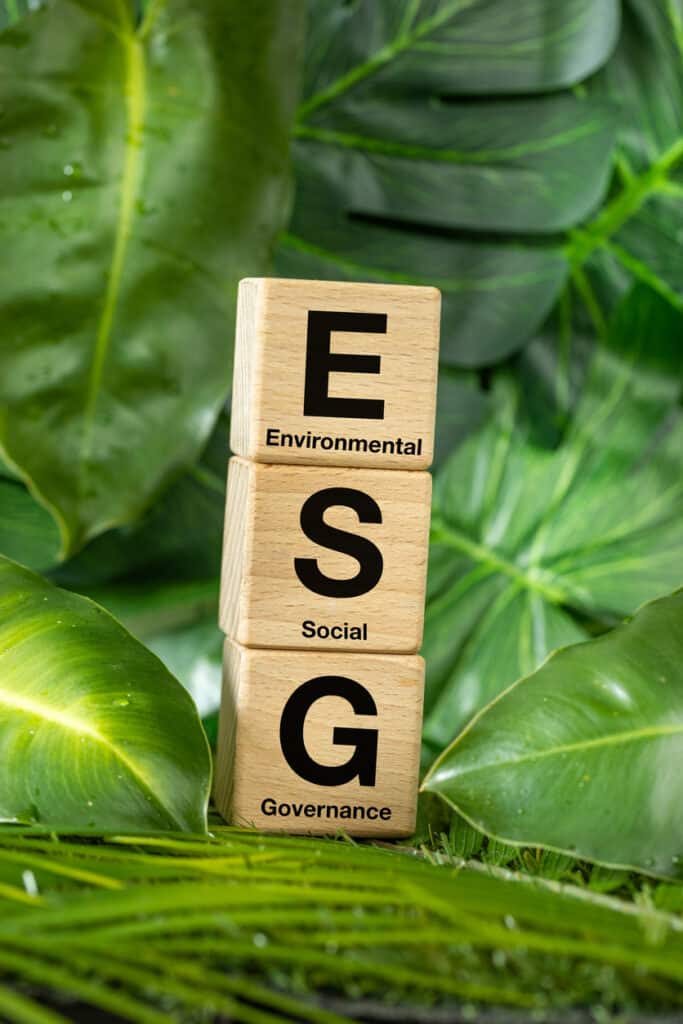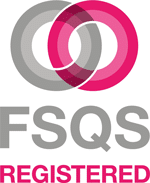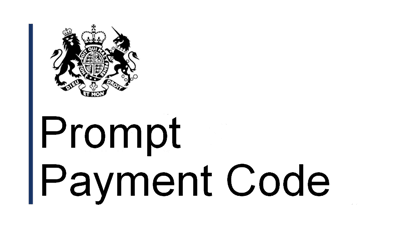A Sustainable Christmas: How ESG in Food Manufacturing Can Save Christmas (and Your Brand)
The rapidly approaching holiday season is a time for joy, togetherness and potentially a heightened risk of food recalls. While Christmas lights are twinkling and kitchens are filled with festive treats, food manufacturers are under immense pressure to keep up with demand without compromising on safety, sustainability and ethical standards. Enter ESG—Environmental, Social, and Governance, a crucial framework guiding manufacturers through their commitment to responsible practices.
So, how can ESG keep Christmas merry (and minimise brand risk)? Let’s dive into how ESG can help manufacturers avoid recalls, a most “unwanted gift” at any time of year.

Why does ESG matter to recall insurers?
By complying with ESG a company can demonstrate to insurers that they take their business seriously, they have clear policies for all aspects of their operation and assess and act on risks identified. In short, they are prepared, reliable and may be less likely to slip up under pressure.
If they do hit a recall situation, they have plans for maintaining consumer safety, they have records for rapid traceability and policies for effective and honest communication.
For recall insurers, seeing brands embrace ESG standards is like unwrapping a gift that offers fewer claims and a strong brand reputation – win-win!
- The Christmas Crunch
Every November and December, factories hum at full tilt, churning out treats and gifts to meet the seasonal surge. But this festive frenzy can lead to hasty decisions, increased risk, and, if ESG standards slip, a potential recall nightmare. Imagine the brand fallout if your company’s Christmas-themed products are suddenly pulled from the shelves over a contamination issue!
Below we discuss a number of ways in which ESG can reduce recall risk, ensure product safety and maintain high reputational assets.
- Environmental Responsibility: Hold the Impact
‘Tis the season for giving, but it doesn’t have to be the season for over-extraction, waste and pollution. Consumers are looking at how companies handle their environmental footprint, especially for seasonal products, which often rely on specialty ingredients, new recipes and lengthy, complex supply chains.
A company that highlights a reduced environmental impact from their supply chain will have carried out vulnerability assessments and supply chain mapping to identify and address risks caused by supply chain stress and peak production periods. All good practices.
Consider the spices that make the season bright: cinnamon, nutmeg and cloves. If these are sourced sustainably, the brand stands on more solid ground. Alternatively, rushing to meet demand could lead to sourcing shortcuts, using non-approved suppliers, potentially introducing contaminants or allergens; ingredients that can cause recalls and damage reputations.

Imagine a “Green Christmas” campaign, where your brand promotes sustainable, ethically sourced ingredients. Not only does it attract conscious consumers, but it also adds a layer of resilience, highlighting that you are managing environmental risks head-on.
Environmental responsibility also comes in the form of new packaging technologies or lighter packaging. For example, a company may decide to use alternative packaging to meet its recycling and sustainability goals. Changing packaging can introduce new risks as the unwanted and possibly unexpected consequences of change. A company that is strong in this area will have risk assessed all their packaging and changes in this area to ensure shelf life and product integrity is maintained and food safety is not compromised; whilst environmental impact is responsibly reduced.
- Social Responsibility: Protecting the “Elves” Behind the Treats
One of the key elements of Social Responsibility is ensuring that companies make safe products. A company should be able to demonstrate that they comply with the relevant industry standards e.g. GFSI (food), cGMP (pharma), ISO/TS 16949 (automotive) etc. In our view, such compliance should be seen as the minimum, not the best.
Let’s face it: Santa isn’t the only one working overtime at this time of year! The “elves” in the factories, employees on the production line, are essential to making Christmas magic happen for consumers. But heavy workloads can lead to fatigue, increasing the likelihood of mistakes, diversion from the above mentioned standards and, very rarely, even malicious actions due to disgruntled employees.
ESG standards emphasise fair treatment, safe conditions and health benefits for employees, practices that are critical all year. During periods of extremely high seasonal demand there may be pressures put on worker welfare; hours worked, conditions etc. This can backfire and if there is a recall, the root cause should not be “operator error”, but should consider the system in which the operator worked.
By upholding social responsibility through policies that prioritise worker safety and satisfaction, companies protect themselves from potential recall triggers rooted in human error. It’s also a reminder to consumers that the brand is prepared, reliable and less likely to slip up under pressure.
- Governance: Quality Control All the Way
Food and beverage companies are expected to stay green, clean and fair, even during peak times. Adopting strong ESG practices means sourcing sustainable ingredients, reducing energy consumption and ensuring the people behind the products are treated well. This approach doesn’t just protect the environment and workers, but it links closely to food safety culture and therefore fortifies brands against crises by embedding reliability into the process.
A company that publishes its green credentials, its anticorruption and anti-bribery policies and reports on its true ESG impact and plans for future sustainability is taking these risks seriously. At the other end of the scale, companies that make nefarious claims about their green credentials, “greenwashing”, may also not be reporting other risk management activities accurately.

Good governance isn’t just for boards of directors, it’s vital on the production floor too. During peak periods, traceability and quality checks are as essential as Christmas stockings on the mantelpiece. Every seasonal product needs the same rigorous attention to detail as its everyday counterparts.
For companies strong governance practices signal that risks are actively managed. This includes everything from ingredient traceability to documentation of preventive steps taken in the production process. For example, if a batch of Christmas crackers goes wrong, a well-documented ESG framework helps companies quickly trace issues and mitigate further damage.
- The ESG Christmas Checklist: A Gift That Keeps on Giving
We’ve put together a quick, festive checklist for food manufacturers, with a little ESG sparkle:
- Environmental
- Sustainable Sourcing: Ensure all ingredients are sustainably and ethically sourced.
- Waste Management: Keep energy consumption and waste production low during peak production through good design and planning. Ensure waste and hazardous substances are fully compliant with regulations
- Packaging: Opt for eco-friendly and minimal-waste options that reinforce your brand’s commitment to the environment, but make sure new risks are not introduced.
- Social
- Consumer safety: This should always be the number one priority.
- Employee Wellbeing: Offer fair working hours and conditions to prevent holiday burnout. Compliance with international agreements, e.g. UN Global Compact.
- Training: Seasonal hires and regular staff should be trained to handle seasonal-specific products and processes.
- Health & Safety: Minimise physical strain and fatigue-related errors by respecting worker welfare at what can be a tough time for many both in and out of work.
- Governance
- Supply Chain Management: Have a comprehensive process of supplier approval and supply chain management that considers people, product, all stakeholders and ESG factors and findings are promptly acted upon.
- Quality Control: Double and triple-check processes and documentation to ensure traceability and prevent quality issues.
- Preventive Measures: Conduct risk assessments specific to seasonal products to anticipate potential issues.
- Communication: Be transparent (and 100% honest) with stakeholders, e.g. employees, consumers, regulators and insurers about your ESG policies and practices.
Wrapping Up
This Christmas, ESG isn’t just a framework; it’s a way to safeguard your brand, protect your people and create sustainable, trustworthy products. By upholding these standards, companies can look forward to a season that’s not only merry but also safe and sustainable. So, as you deck the halls and ramp up production, remember that with ESG, you’re giving a gift that truly keeps on giving—to your customers, your employees and your brand’s reputation.
Here’s to a responsible and recall-free Christmas!


